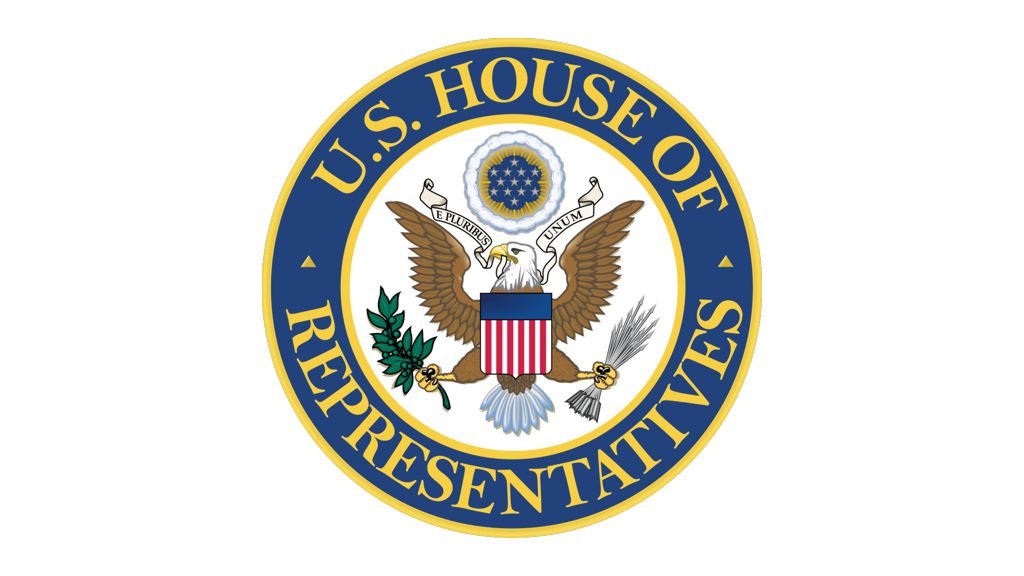Voters in 10 states showed they still have mixed feelings on the controversial procedure.
Abortion-related ballot measures have been popular following the U.S. Supreme Court’s Dobbs decision to overturn the federal right to abortion and send legislation on the procedure to the states.
The ruling set off a domino effect as state after state moved to either tighten restrictions on the procedure or strengthen protections for access.
By the 2024 general election, seven out of seven states had sided with abortion advocates at the ballot box. As voters in California, Michigan, Ohio, and Vermont approved measures to cement abortion as a right, those in Kansas and Kentucky rejected initiatives to limit abortion access. Meanwhile, a referendum to require medical care for infants born alive during botched abortions failed in Montana.
As voters in 10 more states decided on abortion-related ballot measures on Nov. 5, they showed that the ideological divide on the procedure still runs deep.
Arizona
Arizona voters had to decide whether to enshrine abortion as a constitutional right.
Abortion is currently legal in Arizona through 15 weeks of pregnancy, following the recent repeal of an 1864 law that banned all abortions except those performed to save the life of the mother.
Proposition 139, a citizen-led initiative, sought to establish a “fundamental right to abortion” through fetal viability, and up until birth when deemed necessary “to protect the life or health of the pregnant individual.”
Fetal viability is typically recognized at around 22–24 weeks of pregnancy, though premature babies have survived with medical assistance as early as 19 weeks.
The amendment also barred the state from penalizing those who assist an individual in obtaining an abortion.
The proposition passed with roughly 62 percent of the vote.
Colorado
Colorado’s Amendment 79 asked voters to establish a constitutional right to abortion and repeal a 1984 amendment that prohibits public funding of the procedure.
Abortion is already accessible throughout the entirety of pregnancy in Colorado. The state does not impose any limits on the procedure’s legality, though there is a parental notification requirement for minors under 18, which can be waived by a judge.








